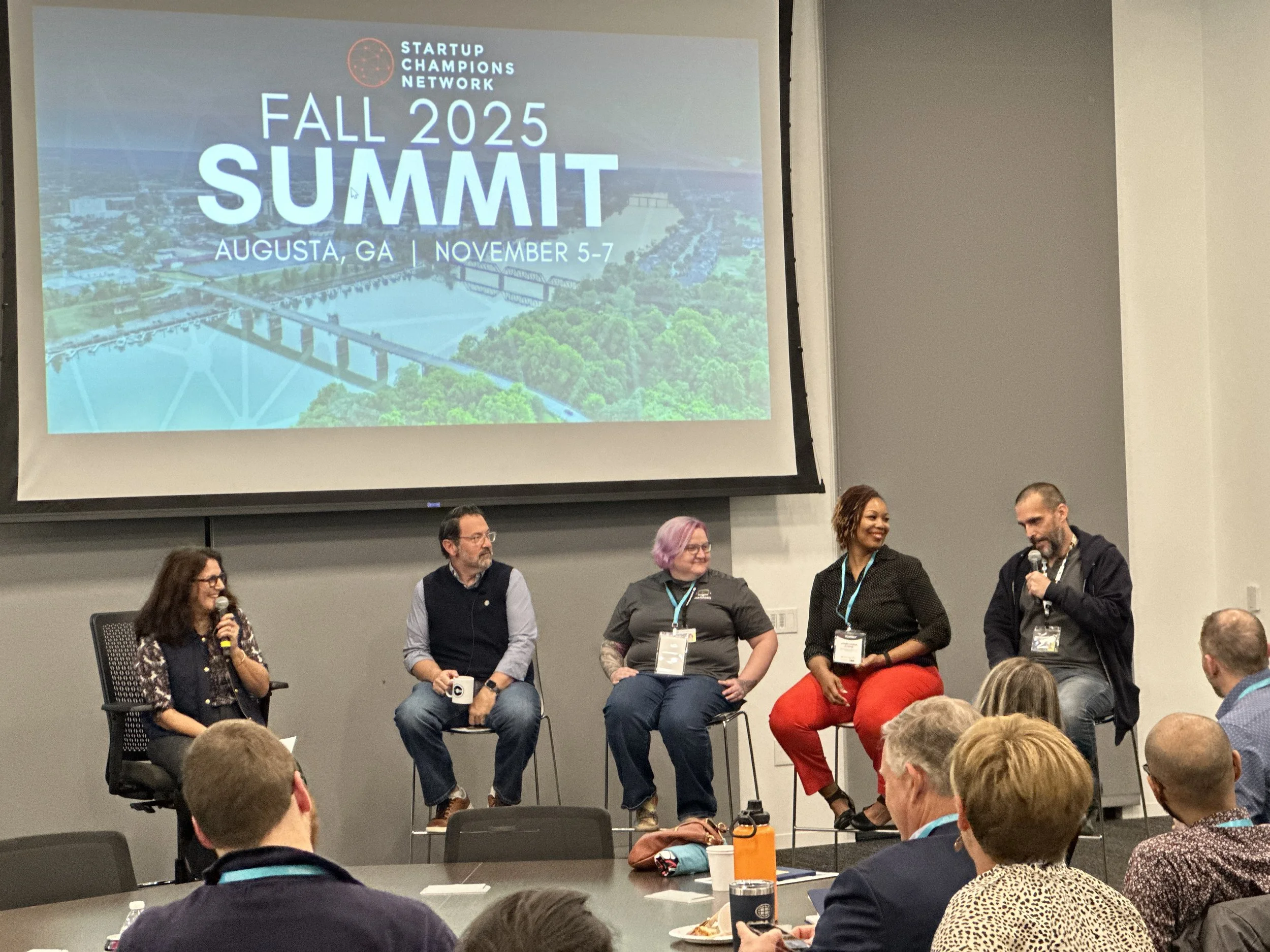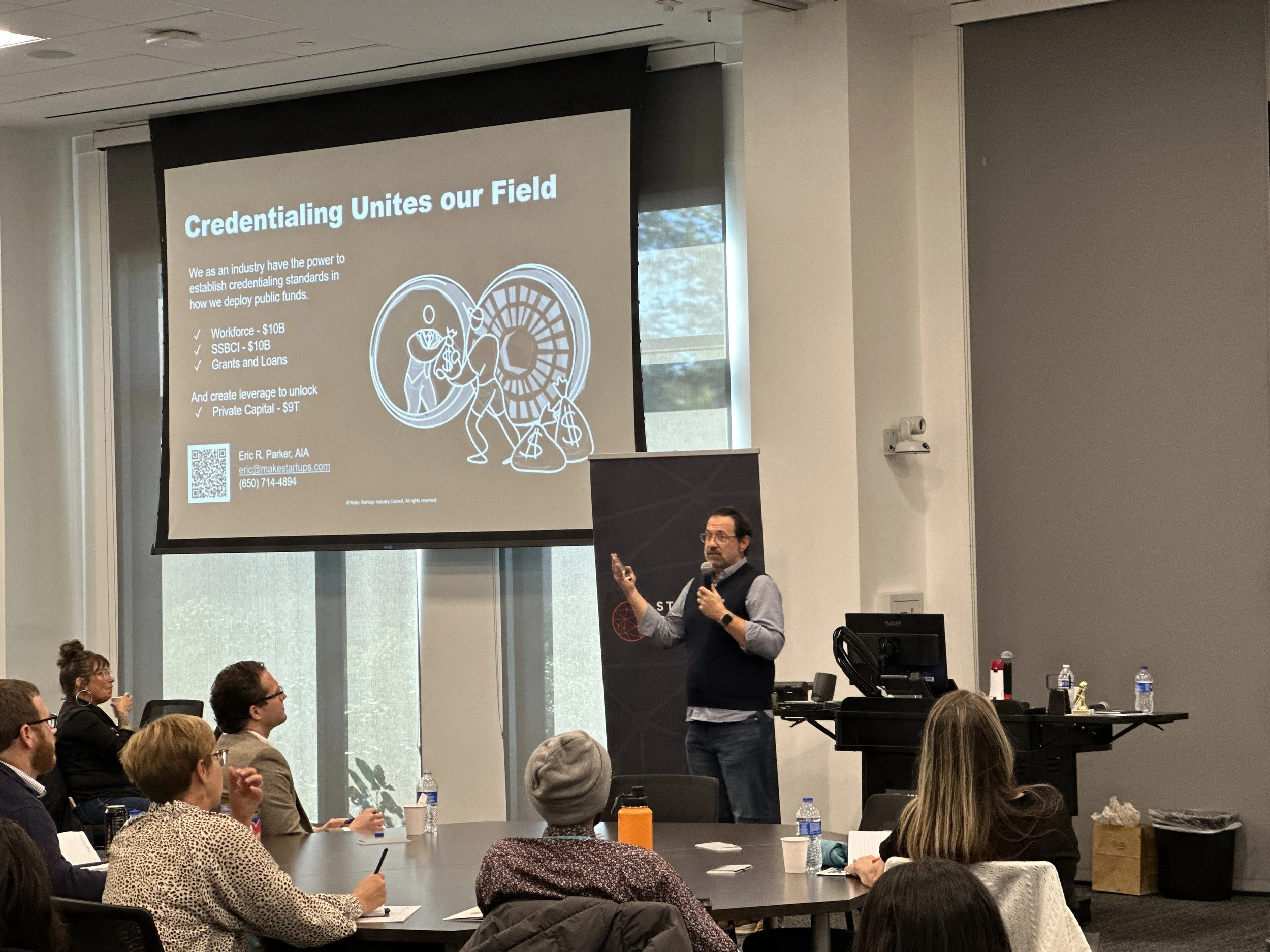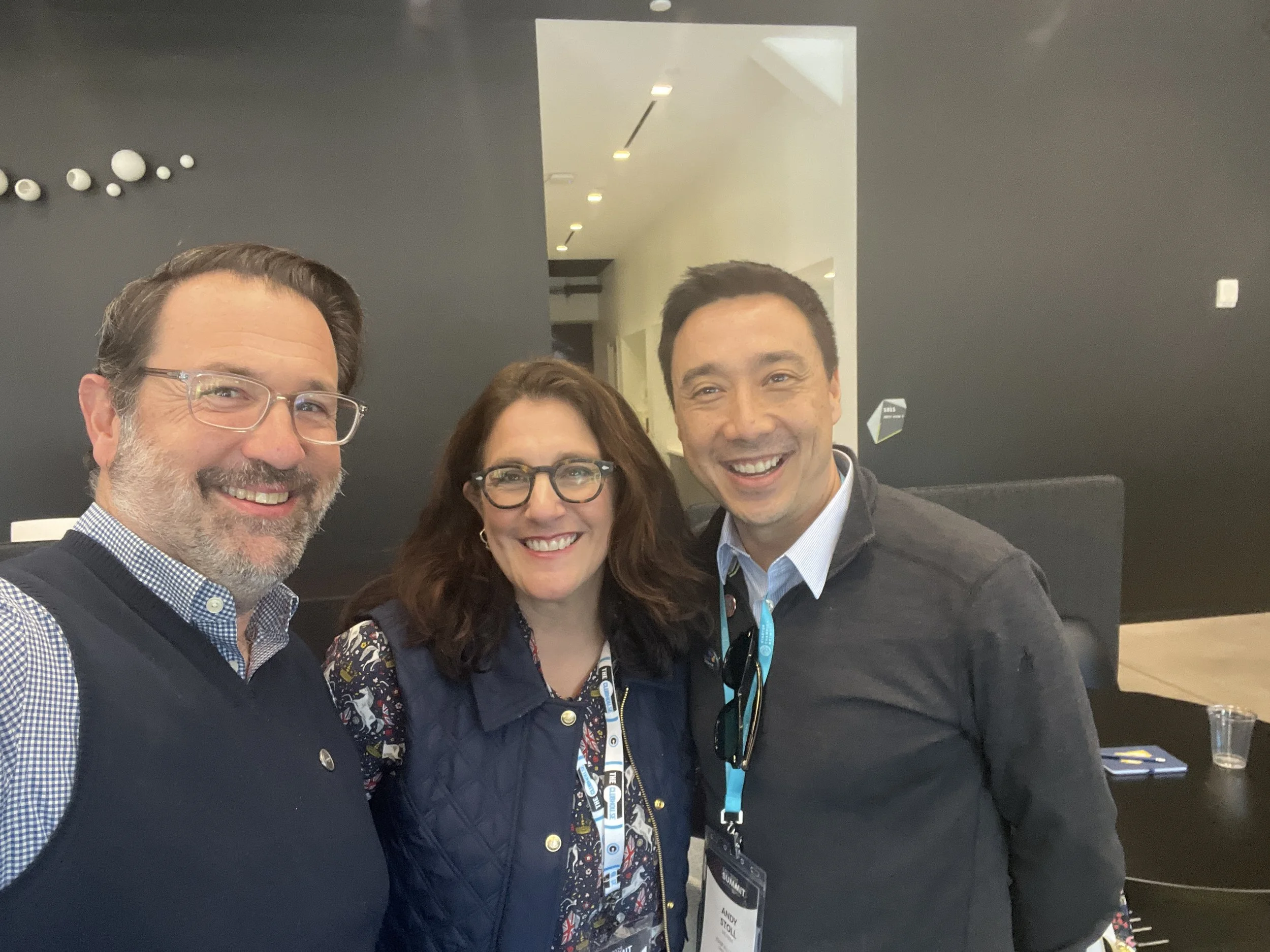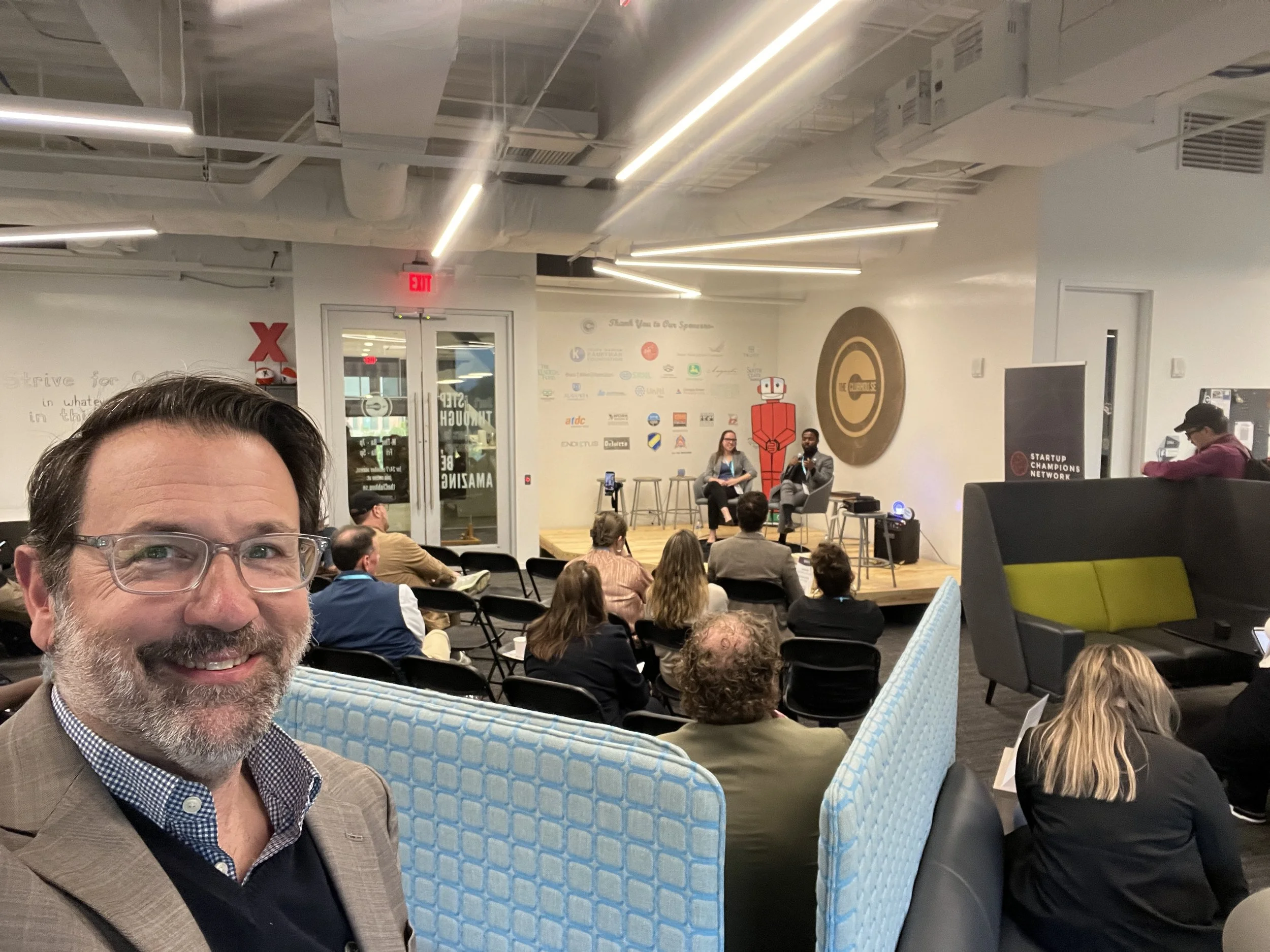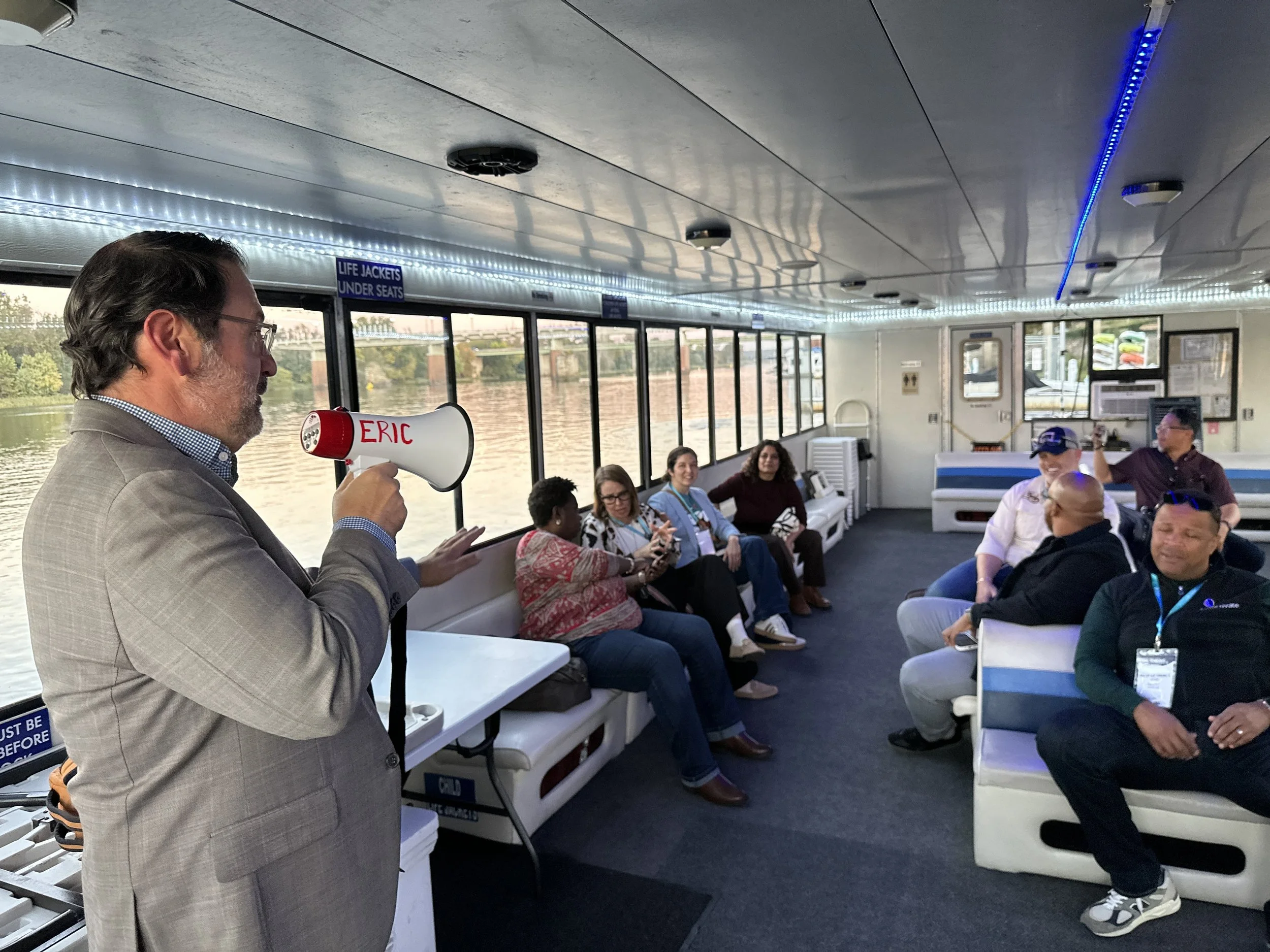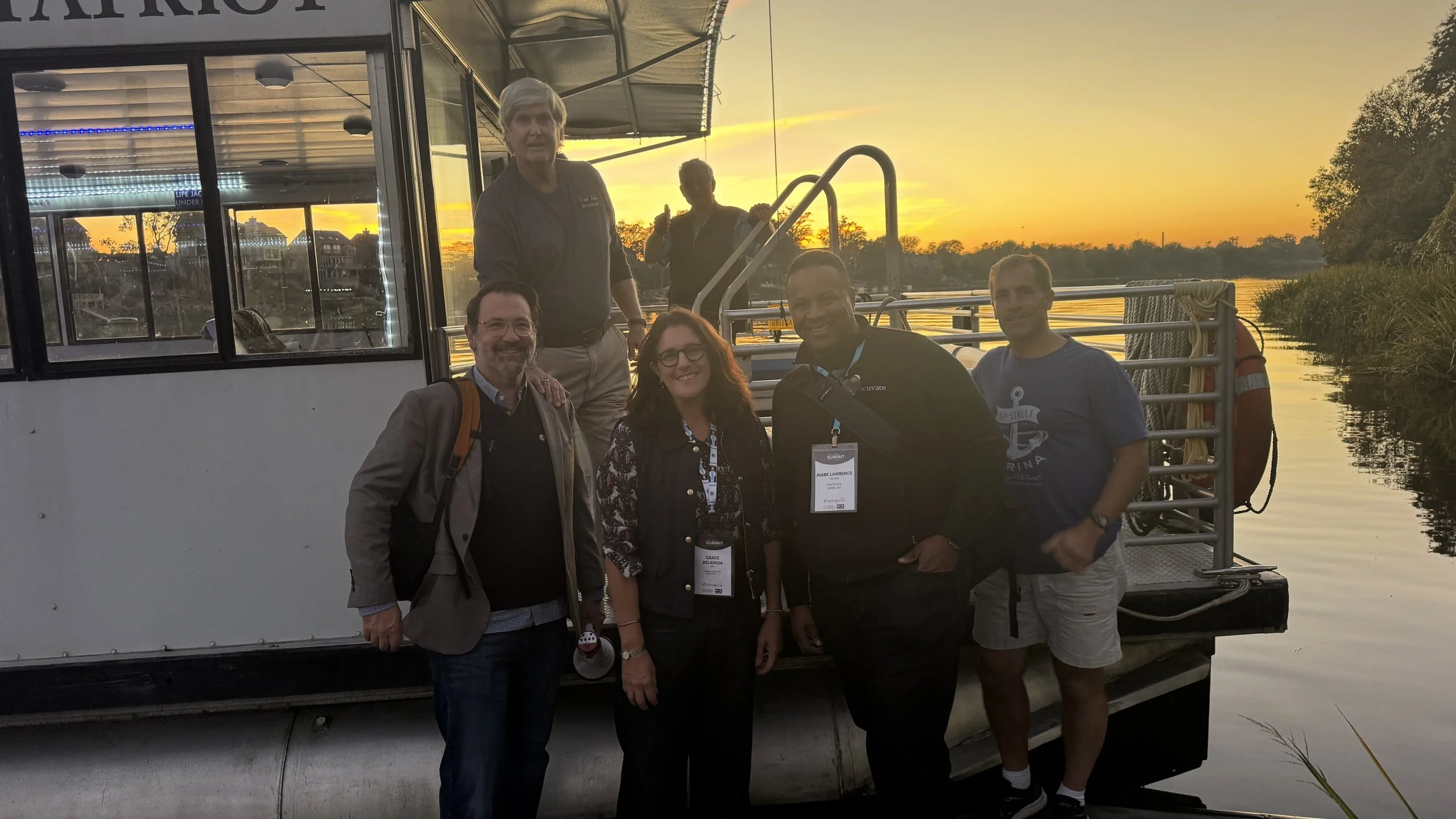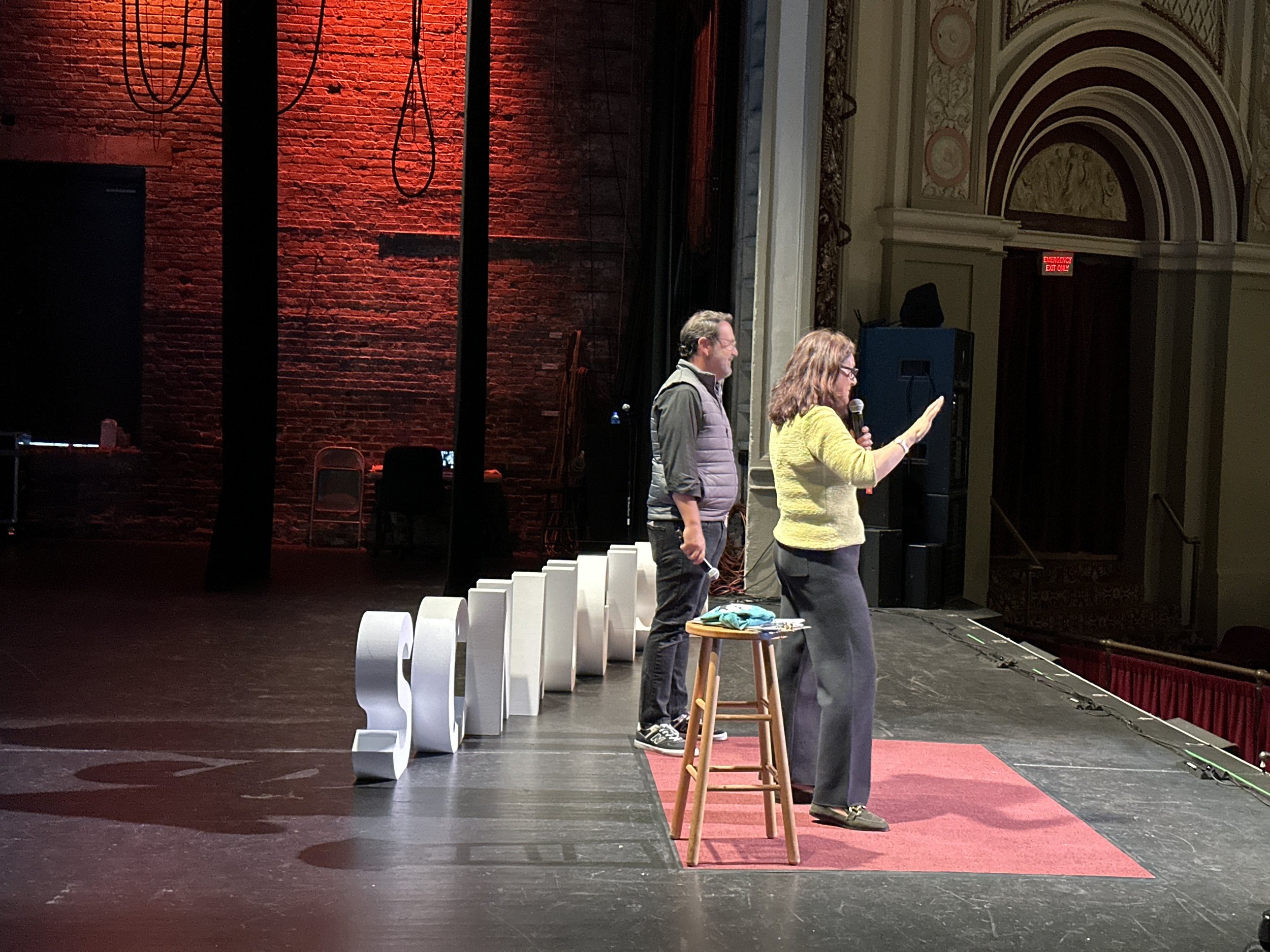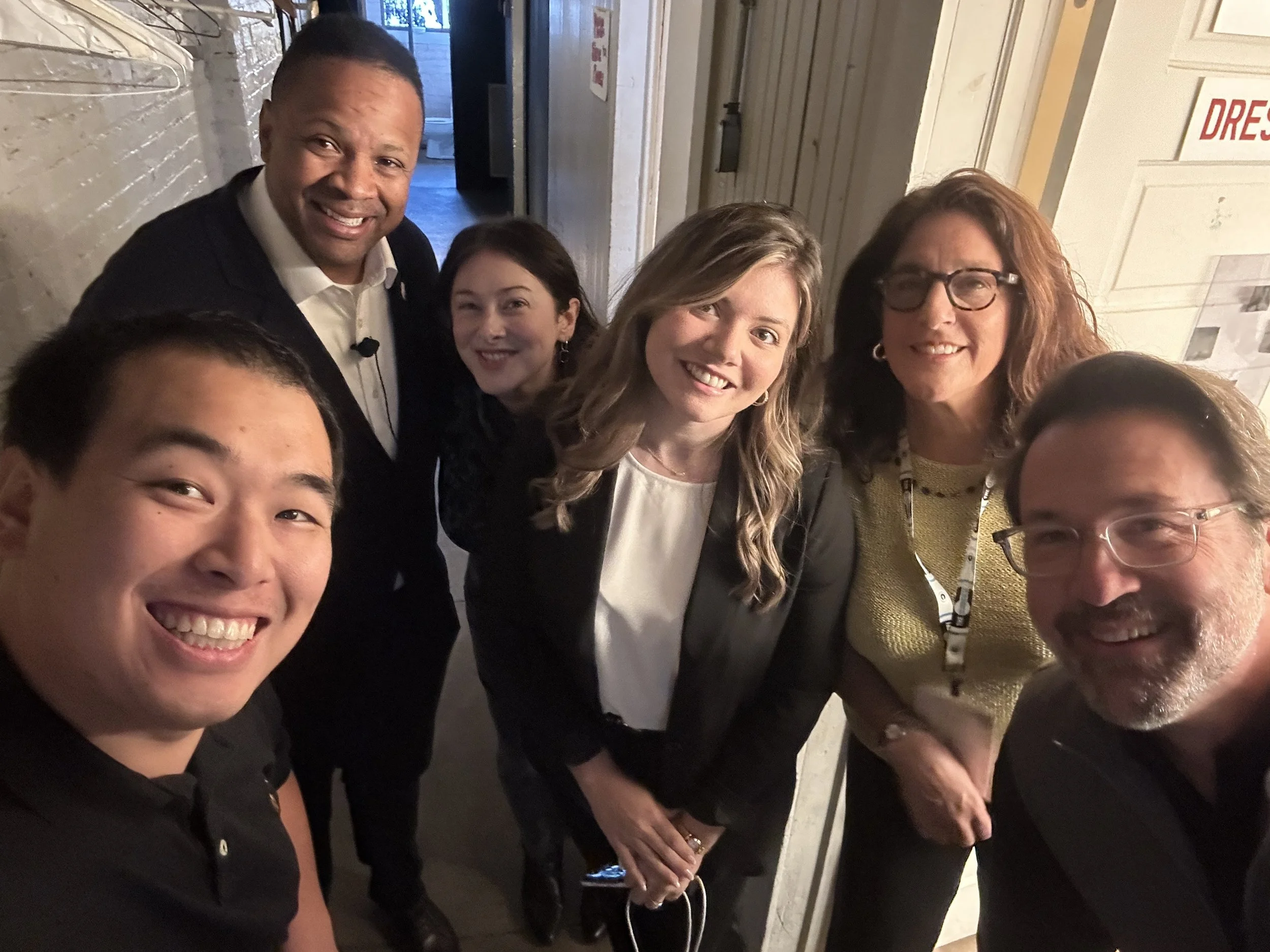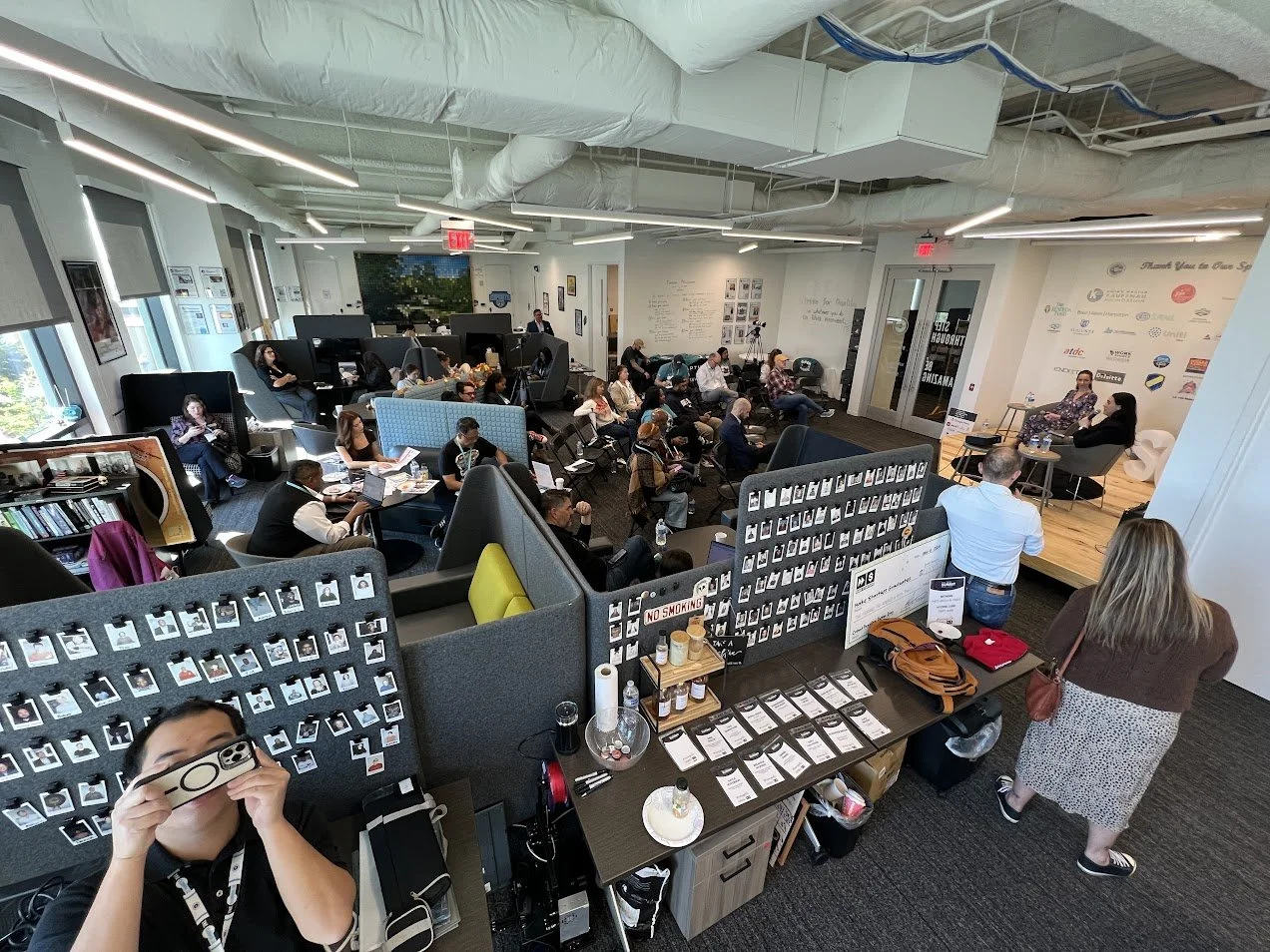What’s it like to host a National Summit?
by Eric Parker
Last week, our team hosted the Startup Champions Network Fall Summit in Augusta, Georgia. In the days since, a lot of people have asked me what it’s like to host a national summit. The simplest answer is that almost a week later, I’m still on cloud nine.
We launched theClubhou.se in 2012 because we wanted to grow a startup community built on collaboration, openness, and heart. From the earliest days, we talked more about love, friendship, and sharing than business plans or pitches. Over time, that community evolved into an institution. Institutions are important. They bring structure and sustainability, but they can also make it harder to stay connected to the soul of the work.
By 2016, we were talking about ecosystems not as hierarchies but as living networks. That thinking caught the attention of the Robert Wood Johnson and Kauffman Foundations, and we began describing a shift from hub and spoke models toward mesh networks built around collaborative, trusting nodes. That idea became a mindset, something we started calling #BeTheNode.
The work of ecosystem building can take a toll. It’s heart work. In 2018 and 2019, Grace and I joined the Startup Champions Network because, truthfully, we were feeling isolated. We needed to be around others who led with heart and understood the strange isolation that can come from this kind of leadership. Those connections reminded us that what we were feeling in Augusta wasn’t unique. The same challenges show up in communities big and small, and that shared recognition eventually led us to create Make Startups so we could take what we’d learned locally and share it with others.
To be honest, it didn’t take long before we put in our first application to host a summit, and definitely not our last. I think Augusta might hold the record for the most applications to host an SCN Summit of any city in the world.
Why did it matter so much to us? Because we know how hard this work can be. We operate in spaces where our contributions are often misunderstood or undervalued. Convening gives us the chance to be seen, to learn from each other, and to remind ourselves that we’re not alone in this work.
Hosting the summit turned that mirror back on us. It made us ask whether we could help others see Augusta the way we do, and whether their insights might help us see it differently, too.
On our walking tour of the city, we talked about how many times Augusta had opened and closed coworking spaces and incubators, and how much frustration those cycles had caused. Saying it out loud, I could feel the weight of it, the lingering disappointment. But something shifted. The next day, a local reporter wanted to interview Harald from DEEP Ecosystems and asked what challenges we faced. When Harald turned to me, I realized I didn’t need to talk about grievances anymore. After spending those days surrounded by others who truly understood, I had let them go. I even asked Grace to bring olive branches from her tree so I could give them to people.
I realized Augusta didn’t need to prove anything anymore. Its lessons are already woven into the larger network we’re building.
Two moments from the summit stand out. The first was on the riverboat, where we crossed the water that had long symbolized division in our community and filled it with laughter and conversation. The second was when everyone gathered inside theClubhou.se. The density of positive energy in that room was incredible. It felt like all the years of work had coalesced into something real and alive.
For years, I’ve felt like I was wearing a mask — performing for funders, performing for founders, performing for everyone who needed a certain version of me.
The posturing became my own albatross. It made the authenticity that drives me feel out of reach, buried under the performance. Hosting the summit tore that mask away.
For the first time in years, I felt like myself again.
That’s what this summit accomplished in a way nothing else could. Hosting flipped our ecosystem on its head. It wasn’t about us. It was about you: the attendees, the community, Augusta. It was about the space between us and what could happen there.
And in that flipped moment, everything came back into focus. This is what Be the Node really means. When each of us connects openly, the network becomes stronger than any one person or place. This is the work we are carrying forward through Make Startups and CofounderOS: building the mesh of trust that allows collaboration and community governance to scale.
So these are my reflections, offered with gratitude. We’ve launched this newsletter, Be the Node, in the same spirit of openness and sharing that has guided us from the beginning. You’ll hear from our team and from guest voices across the network.
If you feel called to contribute through an article, a collaboration, or by joining our Industry Council, consider this your open invitation.
When each of us decides to #BeTheNode, our networks work for everyone in them.
Here are highlights from attendees for your continued discovery:




